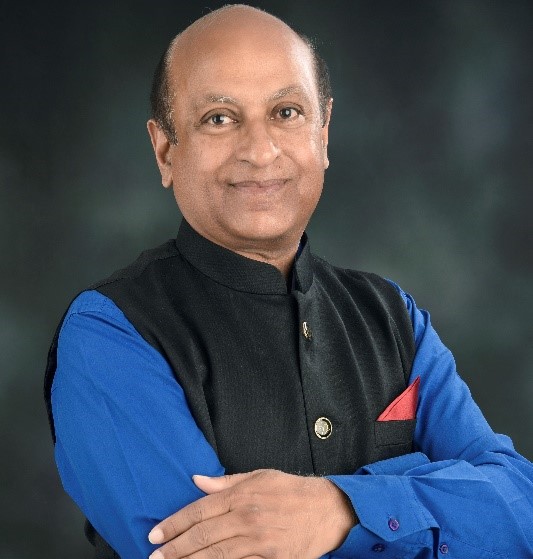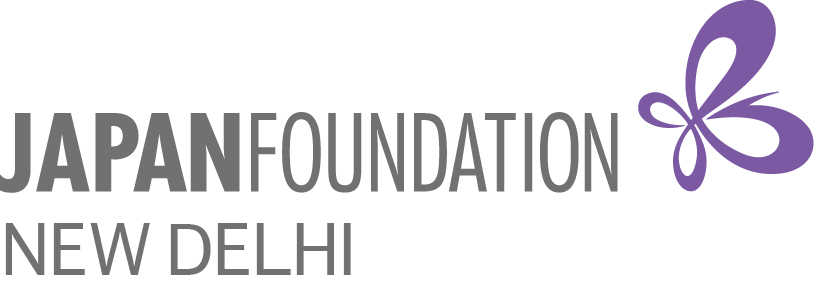Chairperson at Centre for Economics, Environment and Society, Bangalore and Lead Author, Global Environment Outlook (GEO-7) Report, United Nations Environment Programme (UNEP), Nairobi, Kenya.
Dr. K N Ninan was previously a Senior Fellow at World Resources Institute-India, New Delhi; Lead Author, Working Group III, Sixth Assessment Report, Intergovernmental Panel on Climate Change (IPCC), Geneva, Switzerland and Co-Chair of the Methodological Assessment of Scenarios and Models of Biodiversity and Ecosystem Services, Intergovernmental Science-Policy Platform on Biodiversity and Ecosystem Services (IPBES), United Nations, Bonn, Germany. Prior to this, he was Professor of Ecological Economics and Head of the Centre for Ecological Economics and Natural Resources (CEENR) at the Institute for Social and Economic Change (ISEC), Bangalore, India.
He has also been a Visiting Professor/Fellow at several international universities and institutions such as University of Gothenburg, Sweden; University of Cambridge; University of California, Santa Barbara; University of Tokyo; University of Versailles, Paris; Maison des Sciences de L’Homme, Paris; Institute of Development Studies, Sussex; Institute of Developing Economies, Tokyo and University of Tokushima, Japan. His research areas relate to environmental economics in general and more specifically economics and valuation of biodiversity and ecosystem services, sustainable use, and management of natural resources especially forests and watersheds, sustainable agriculture, and climate-related issues.
His books include Environmental Assessments: Scenarios, Modelling and Policy (Edward Elgar, UK, and USA,2020); Building a Climate Resilient Economy and Society-Challenges and Opportunities (Edward Elgar, UK and USA, 2017); Valuing Ecosystem Services-Methodological Issues and Case Studies (Edward Elgar, UK and USA, 2014). He has published articles in top-rated journals such as Ecological Economics, Ecosystem Services, Ambio, Nature Ecology and Evolution. He was President of the Indian Society for Ecological Economics (INSEE) during 2018-2020. In 2020 he was honored and conferred the title of INSEE Fellow by the Indian Society for Ecological Economics (INSEE).
Dr. Ninan was awarded Japan Foundation Research Fellowship for the period January to July 2001. The topic of his research was “Forest Economy of Japan: A Century’s Perspective”. On asking about the impact of the fellowship on his research at that time, he says that the period he spent as Japan Foundation Research Fellow helped him to upscale his skills and knowledge of the Japanese forestry sector and how it evolved over the centuries. It enabled him to network with many eminent Japanese Professors and institutions as well as improve his understanding of Japanese society and economy and especially of the forestry sector. Subsequently, he was awarded a JSPS Research Fellowship and then invited as Visiting Professor to the University of Tokyo a few times. He also gave seminars/guest lectures at well-known Japanese Universities and institutions such as Institute for Developing Economies, Chiba; National Graduate Institute for Policy Studies, Tokyo; Aoyama Gakuin University, Tokyo; Hitotsubashi University, Kunitachi; Chuo University, Hachioji and Kyoto University.
Reminiscing about his memories from the scholarship time, he says that “The times I spent in Japan as Japan Foundation Research Fellow and on other assignments is memorable. I learnt a lot about Japanese economy, culture and society. I also had the opportunity to visit important historic places such as Kyoto, Nagoya, Nara including Japanese temples and castles such as the Nagoya castle.“
Regarding suggestions to all the future fellows, he says that Japan Foundation Research Fellowship is highly competitive. That is why, one must have excellent academic credentials and a good record of publications in high impact journals. “The research proposal should be well formulated with clear outcomes and how it will benefit the applicant and host researcher and the respective institutions” is also very important to understand to get the fellowship.
 Twitter
Twitter


 '
'